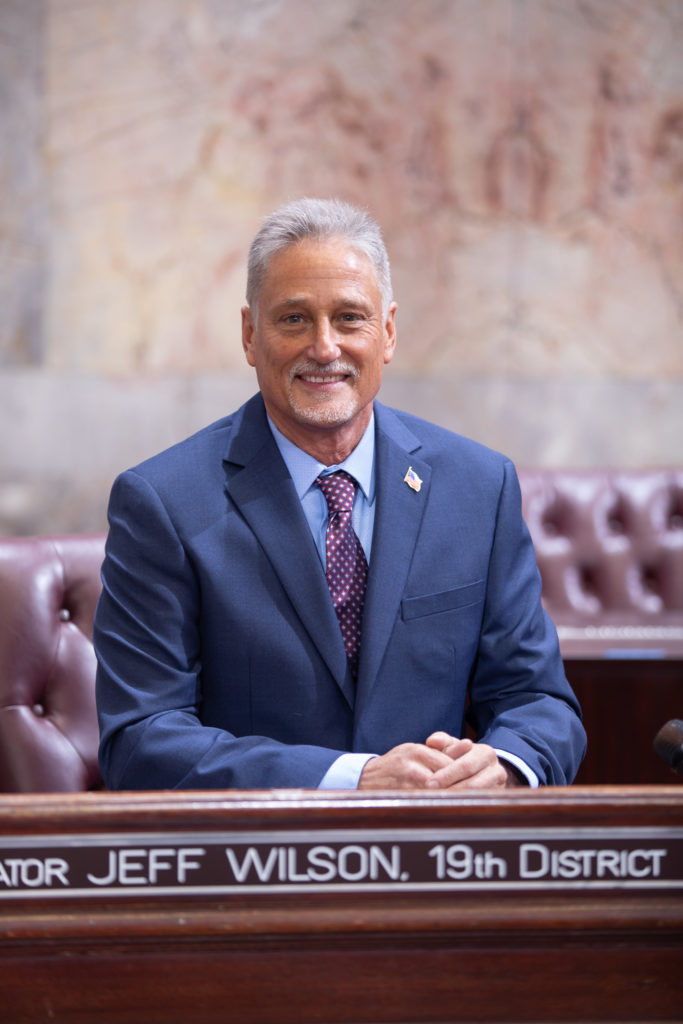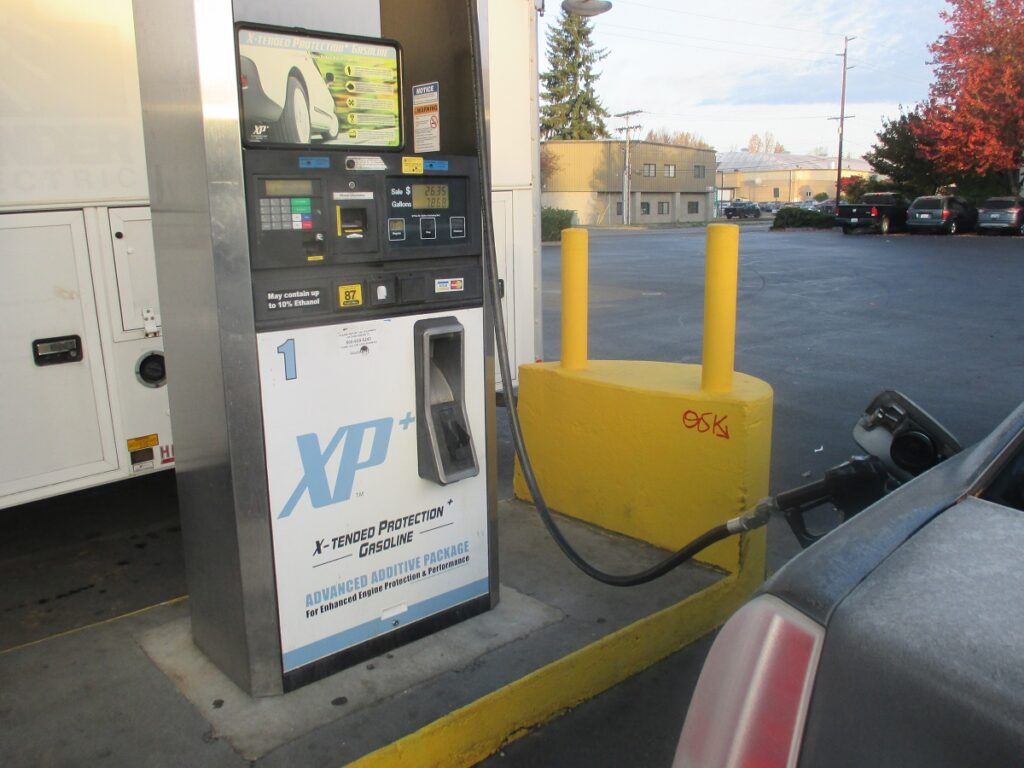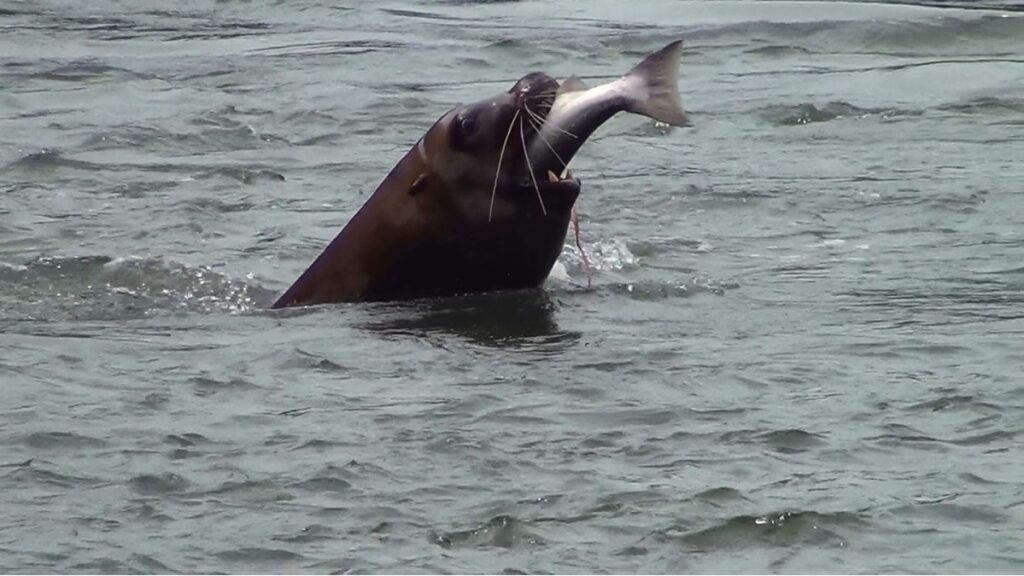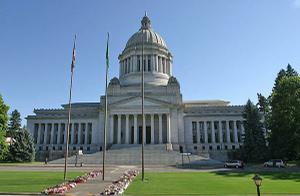As Legislature takes a break, we’re getting ready to hit the ground running in January
Note: This e-newsletter was sent to Sen. Jeff Wilson’s subscribers Oct. 4, 2023. To subscribe to Sen. Wilson’s e-newsletters, click here.
Dear Friends and Neighbors,
They say the summer and fall months are the slow season for Washington lawmakers. We finished our business in May, and most of us are at home now, working our day jobs. That’s normal for a part-time Legislature like ours. We don’t return to Olympia until January. For many, it’s a time to breathe deeply and relax.
Unless you’re like me.
We’ve got big issues to think about next year, and this is a good time to get started. Like how to cut gas prices, now that Olympia has done so much to raise them. Restoring sensible policies on public safety, taxes, and education. Rebuilding roads and bridges. We have so many proposals for next session that we are laying the groundwork now – meeting with key players, lining up support, writing legislation. Read on and I’ll tell you more. I hope you had a great summer – and that you got a chance to take it easy. Maybe someday, I will too.
Gas prices hit the roof, thanks to Olympia
Washington’s alarming gas prices are the top issue for Southwest Washington these days, just as they are across the state. We were Number One in the country for several weeks this summer. Today we are Number Three, behind California and Nevada. Nearly everyone understands the reason – the high-cost cap-and-trade program passed by our colleagues in 2021, which every member on my side of the aisle opposed.
On Oct. 2, the average price of gas in this state was $5.13, according to the American Automobile Association. That’s $1.32 higher than the national average of $3.81. Meanwhile, experts tell us Washington’s cap-and-trade program, which launched in January, adds 51 cents in cost to a gallon of gas. There appears to be only one person on this good green Earth who believes there is no connection. That’s the governor, the leading advocate for this program, who curiously thought oil companies would absorb the loss rather than passing it on to consumers. At least that is what he told everyone. At one point he declared gas prices “might even go down.”
To this point, the governor’s program has cost Washington residents $1.8 billion, mostly in the form of higher gas prices.
So as public outrage climbs, the governor is talking about nonsensical oil-company conspiracies, and is threatening to punish refiners with legislation next year. Republicans are offering more thoughtful solutions. I was among those who signed a letter this summer urging the Department of Ecology to make specific reforms to this disastrous program. Other proposals include rebates to car owners as this tax-that-isn’t-called-a-tax keeps on climbing.
It’s time, at last, to do something about sea lions
Sea lions were spotted 70 miles up the Cowlitz this year, and if we want to save our salmon, we need to act
We already know that sea lion predation problems on the Columbia are getting worse. But alarm spread far and wide this spring when we started seeing these chow-hounds of the sea gobbling up salmon 70 miles upriver on the Cowlitz, all the way to the barrier dam. Never before have we seen sea lions that far upriver. Predation has doubled since 2006 as pinniped populations explode. The experts say this predation costs us least 12 percent of our salmon runs — and far more than that in some locations. Not only does this negate the millions of dollars we spend every year on salmon recovery, it has reached the point that the survival of salmon runs is imperiled.
I have been working with sportsmen’s organizations, state fisheries officials and other players as we develop legislation for next year. Dealing with this problem is tricky. Sea lion and seal populations have risen because of federal protection. In the ‘90s, when sea lions started scarfing up salmon at the Ballard Locks, it took so long to obtain federal approval for predator-control efforts that the Lake Washington chinook run was wiped out. We certainly don’t want that to happen on the lower Columbia.
Federal approval isn’t the issue anymore. In 2020, the National Marine Fisheries Service granted the state a permit to cull sea lions on the Columbia and its tributaries, from the mouth of the river to Bonneville Dam, 134 miles upstream. Although the state Department of Fish and Wildlife has made some headway against Herschel and his friends, DFW efforts have been confined to the Columbia itself. For tributaries like the Cowlitz, the department needs shallow-draft equipment that will allow it to capture and euthanize predatory pinnipeds, in accordance with the rules set by the federal permit.
Part of my program for next year is a $3.5 million appropriation that will give DFW the tools for the job. We also must begin gathering the data that will be required to expand this permit to Puget Sound, where significant predation also takes place. Stay tuned for more as we prepare to make our case in the Legislature in 2024.
Future of Naselle Youth Camp under consideration
The Naselle Youth Camp in Pacific County had a great record in rehabilitating at-risk youth, but it fell victim last year to political ideologies in the Legislature. The argument from our majority colleagues was that troubled juveniles should remain in the neighborhoods where they got in trouble in the first place. I fought against closure alongside my House seatmates, Reps. Jim Walsh and Joel McEntire. Unfortunately, as we see on so many other issues, facts took a back seat to political dogma, and we were unsuccessful. Today we face another question – what do we do with the camp?
Early ideas smacked of back-room agency dealmaking. Proposals to give the Naselle complex over to the Department of Children, Youth and Families or the Department of Natural Resources would have turned it into a lightly-used summer camp contributing little to the local economy. I was able to derail these bad ideas this year when I obtained language in the budget creating a task force on the facility’s future. This group, comprised of local elected officials, tribal representatives and area leaders, is looking for options that would increase the vitality of the community. At the moment, one leading proposal would turn the camp over to the Chinook tribe. Our recommendations are due in June 2024.
Catalytic converters and EV fires
As many of you know, I have led efforts in the state Legislature to combat catalytic converter theft. Washington is a hotspot for catalytic converter theft, yet this has been an uphill battle. We passed a bill in 2022 to create a coordinated state law enforcement response, including funding for sting operations, but the money was never provided. This year I sponsored legislation giving prosecutors tools to go after organized theft rings, but last-minute disagreements among some of the players prevented a deal from moving forward. The good news is that we kept working at it, and we will have a proposal with broad support for 2024.
Along the way, in working with tow operators and salvage yards, I ran across another issue – one that hits home to me, as owner of a Chevy Bolt, and every other “early adopter.” EV batteries are notoriously prone to fire. When one bursts into flame, it takes an average 120,000 gallons of water to put it out. For lack of water, many fire departments are letting fires burn out rather than extinguishing them. Meanwhile, tow operators are expressing reluctance to impound EVs for fear of fire. I am preparing legislation that would establish protocols statewide for EV-fire prevention and suppression, and ensure that tow operators can keep our roads clear without fear of liability and damage to their storage lots. We have to recognize EVs are coming. We need to ensure that when the worst happens, we’ll be ready.
Thanks for reading — it is an honor serving you.
Sen. Jeff Wilson
19th Legislative District
Contact me!
Email: Jeff.Wilson@leg.wa.gov
Mailing address: P.O. Box 40419 /Olympia, WA 98504
Leave a message on the Legislative Hotline: 1-800-562-6000
To unsubscribe from these regular updates from Olympia, go to the Subscriber Preferences Page below.













